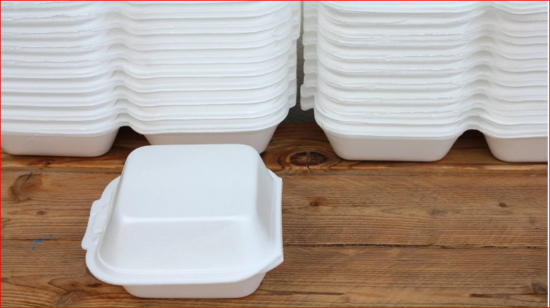Just recently, the Lagos and Abia state governments announced a ban on the usage and distribution of Styrofoam, popularly known as disposable packs, and other single-use plastics, with immediate effect.
The decision is connected to the menace that single-use plastics, especially non-biodegradable styrofoam, were causing to the environment.
This article covers facts about Styrofoams and why the government may be right to ban the usage of Styrofoams.
- Styrofoam, or Expanded Polystyrene Foam (EPS), is a lightweight plastic derived from petroleum, made of polystyrene, and contains harmful chemical substances like benzene.
- Constant exposure to styrene can lead to various health issues such as headaches, depression, and fatigue. Styrene can enter the body through inhalation and skin contact, raising concerns about the use of styrofoams in food packaging.
- Styrofoam breaks down into chemicals that persist in soil and water for extended periods. This contributes to water flow issues in the environment and oceans, posing a threat to both human and animal lives.
- Styrofoam is difficult to recycle and, once attempted, becomes unusable. The recycling process for styrofoam is not straightforward, and the material ultimately becomes unusable. It cannot be efficiently transformed back into styrofoam; instead, it needs to be compressed and turned into a different type of plastic.
- According to the Earth Resource Foundation, Styrofoams contribute to atmospheric pollution, leading to ozone depletion. This depletion can cause respiratory and environmental problems.
- Considering the environmental impact and recycling challenges, a potential solution is to replace Styrofoam with more sustainable alternatives. Embracing alternatives that do not harm the environment can be a step toward reducing the negative effects of disposable packaging materials.
